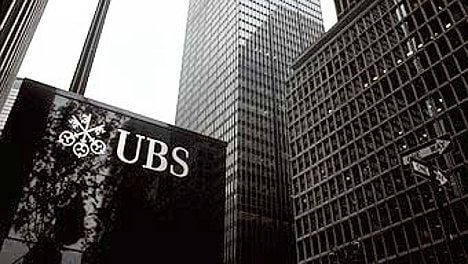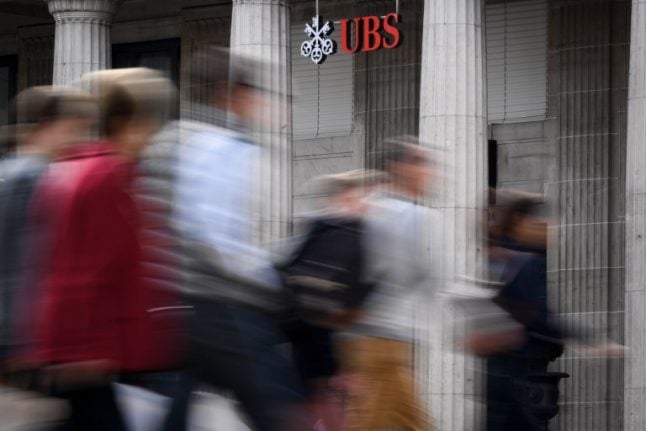The company was in particular hit by an exceptional charge of 1.2 billion francs for bad debt, it said in a statement.
In February UBS had forecast a tough first quarter owing to the economic crisis when it posted its results for 2011, with net profit sliding 44 percent year-on-year to 4.2 billion francs.
“Given challenging market conditions, I am proud of what our employees have achieved, delivering high-quality results while deploying less risk and successfully executing our strategy,” chief executive Sergio Ermotti said in the statement.
The result came in 25 percent lower than the average forecast of 1.1 billion francs by analysts polled by financial firm AWP.
Like Swiss giant Credit Suisse, which last week reported a 96-percent drop in first-quarter profit, UBS said it had massively cut its high-risk assets to bring its books into line with new international regulations under the Basel III rules, drawn up in the wake of the global financial crisis to make banks reinforce their capital reserves.
UBS said it had reduced Basel III risk-weighted assets by about 30 billion francs.
The bank highlighted good performance in its core division, wealth management, which registered pre-tax profit of 803 million francs in the first three months of the year, up 70 percent from the last three months of 2011.
The wealth management Americas division reported its highest pre-tax profit ever at $209 million (€157.8 million), up more than 30 percent from the figure for the previous quarter.
The bank said the two divisions were boosted by inflows from the Asia-Pacific region, emerging markets and Switzerland.
But the investment banking division registered a 373-million-franc loss, against a 14-million-franc loss the quarter before.
UBS sounded a cautionary note on its financial outlook, underlining that banks still face a tough environment because of the eurozone debt crisis, concerns about the European banking system, budget deficit battles in the United States and overall uncertainty about the global economy.
“Failure to make progress on these key issues would make further improvements in prevailing market conditions unlikely and would have the potential to continue the headwinds for revenue growth, net interest margins and net new money,” it said.
The bank said it was on track to reach its goal of cutting costs by two billion francs by the end of 2013.
UBS shares were up 4.77 percent to 11.87 francs in mi-day trading on the Swiss stock exchange, which was 0.58 percent higher overall.
Analysts at Notenstein bank said the quarter was “a rather disappointing start to the year” for UBS, but said the growth of the wealth management divisions looked promising.
Tim Dawson, an analyst at equities brokerage Helvea, said UBS, which underwent a tumultuous period after the sub-prime mortgage crisis in 2007, appeared to be on track to reduce costs and risky assets in line with its long-term targets.
But he said short-term, “the group’s outlook statement remains highly contingent on certain external factors” such as the debt crisis.
“Our own views on the shares broadly mirror that – good long-term value but unclear prospects in the near-term,” he said.



 Please whitelist us to continue reading.
Please whitelist us to continue reading.
Member comments